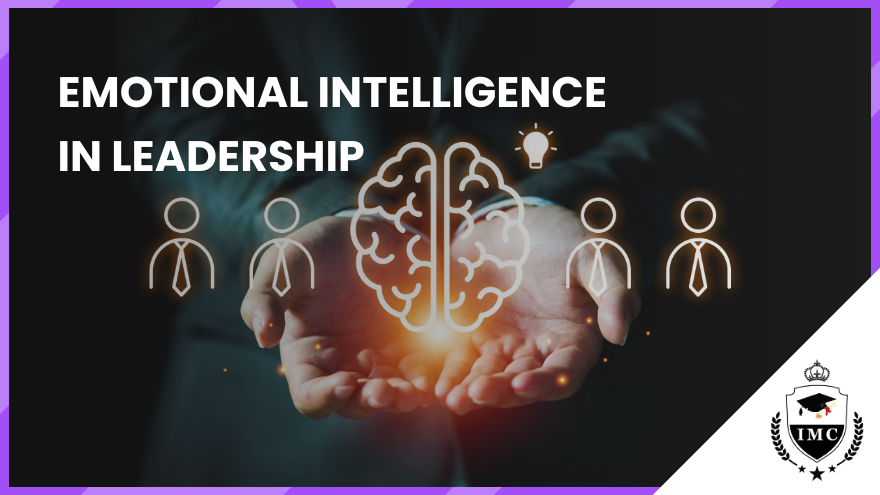In a world dominated by digital transformation, performance metrics, and fast-paced innovation, it's easy to assume that technical skills are the most important traits for leadership. But there's another quality that consistently sets exceptional leaders apart—Emotional Intelligence (EQ).
In 2025 and beyond, emotional intelligence is emerging as a key driver of high-impact leadership, helping professionals navigate complex workplace dynamics, build resilient teams, and inspire lasting change.
What Is Emotional Intelligence?
Emotional Intelligence is the ability to recognize, understand, manage, and influence your own emotions and those of others. It includes five key components:
- Self-awareness
- Self-regulation
- Motivation
- Empathy
- Social skills
While IQ might land you a leadership position, it’s EQ that determines how well you perform in it.
Why Emotional Intelligence Is a Leadership Superpower
1. Better Team Performance
Leaders with high EQ can build trust, resolve conflicts effectively, and create a psychologically safe space where employees feel heard and valued. This leads to higher engagement, productivity, and collaboration.
2. Stronger Decision-Making
Emotionally intelligent leaders remain calm under pressure and make thoughtful decisions, especially in times of crisis. They weigh both data and people factors to arrive at balanced, ethical outcomes.
3. Improved Communication
EQ enhances a leader’s ability to listen actively, respond with empathy, and tailor communication styles based on the audience. This fosters stronger relationships and minimizes misunderstandings.
4. Employee Retention and Loyalty
Employees are more likely to stay with organizations where they feel respected, supported, and understood. Leaders who demonstrate empathy and emotional awareness contribute directly to lower turnover rates.
5. Adaptability in Change
Change is a constant in today’s business environment. Emotionally intelligent leaders help their teams navigate uncertainty, reduce fear, and adapt with confidence.
How to Build Emotional Intelligence as a Leader
Like any skill, EQ can be developed through practice and intentional effort. At IMC Institute, our leadership development programs include targeted training in emotional intelligence, helping current and aspiring leaders build the interpersonal and self-management skills needed for long-term success.
Some practical steps include:
- Seeking feedback from peers and team members
- Practicing active listening
- Reflecting on personal triggers and responses
- Developing empathy through coaching and mentoring
Conclusion: EQ Is Not a Soft Skill—It's a Power Skill
In today’s business world, emotional intelligence is more than just a “nice-to-have.” It’s a critical leadership capability that drives performance, inspires teams, and delivers real results.
At IMC Certifications, we help leaders cultivate EQ through customized training experiences that empower both personal growth and professional excellence.
Ready to lead with impact?
Discover our leadership programs at www.imccertifications.com and take the first step toward becoming the kind of leader your team truly needs.






